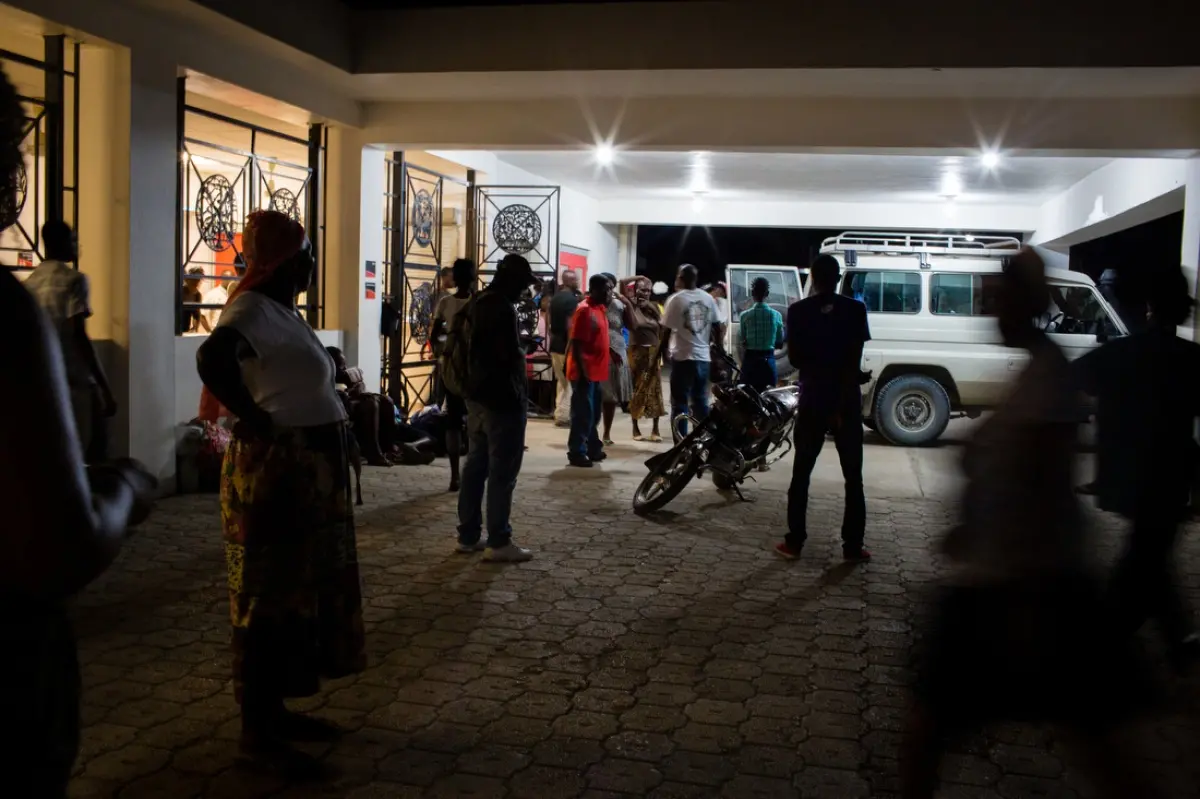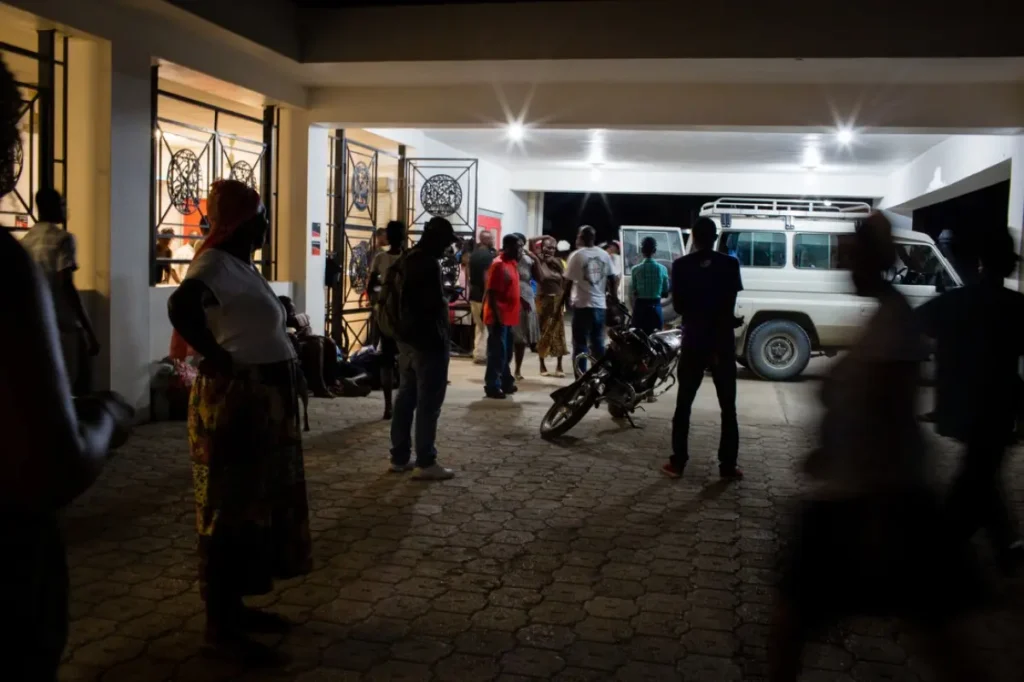With Instability in Haiti, Doors Remain Open at PIH Facilities

Zanmi Lasante ‘not going anywhere, committed to our mission.’
Posted on Oct 5, 2022

Current Situation
Haiti has faced a steadily deteriorating security situation over the past 15 months, which has worsened dramatically in recent weeks. Gang violence, protests, roadblocks, damaged communications infrastructure, and fuel shortages pose grave operational and logistical challenges for the team at Zanmi Lasante, as PIH is known in Haiti.
At the same time, the instability leaves people at increased risk of injury and illness, of unaccompanied births, malnourishment, and cholera, even more in need of ZL’s “expert mercy,” as Paul Farmer said.
And so, despite the instability, ZL persists with unwavering support from PIH’s care coordination site. Not one ZL facility has yet closed or been forced to stop caring for patients throughout the region. Indeed, 1.3 million people, or 1 in 10 Haitians, rely on ZL-supported facilities for care, treatment, and accompaniment.
Now More Than Ever
To assist in these efforts, PIH is focused on doing what it can to mitigate the effects of fuel shortages, reducing consumption whenever possible (in part by upgrading our facility-powering solar arrays) and limiting staff movement. On October 1, the Ministry of Health confirmed a new case of cholera; since then there have been eight cholera deaths. Working with the Ministry of Health, ZL is also helping to assess the potential for a widespread cholera outbreak and set up treatment space for acute patients, relying on the organization’s deep experience with the disease.
As one ZL colleague said:
“Haitians need us now more than ever and it would be inhuman for those of us on the ground to turn our backs. Unlike some other organizations who come to Haiti for a project or emergency and leave, PIH/ZL stays long-term to help build the health infrastructure in the long term. We’re not going anywhere and we are 100% committed to our mission.”
Led and Run By Haitians
PIH believes a solution to the current nationwide crisis must be led by Haitians, and likely with the support of the international community. But our focus remains on working with ministries of health, not politicians; looking at histories, not the news of the day; and engaging in accompaniment and strengthening of equitable, high-quality health systems.
ZL is of course not just an organization capable of emergency response. It is a Haitian organization, led and run by Haitians. It works with and through the Ministry of Health, serving to bolster that institution’s capacity to deliver quality health care to Haitians. Since 1985, it has only grown bigger and better, despite all sorts of political and environmental challenges. Its residency programs now train tomorrow’s leaders. In short, it is a sterling example of how to aggressively chip away at a deep, deep problem—namely, a history of oppression that has resulted in a galling lack of modern medical care in the country—through solidarity, accompaniment, and providing a preferential option for the poor.
With a four-decade history of Haitians providing high-quality health care for Haitians, the caregivers of ZL say they will continue their work on behalf of patients, notably:
- In 2021, ZL nurses and doctors attended to 20,220 deliveries.
- Each month, the emergency department at University Hospital cares for an average of 700 patients for just maternal health-related reasons.
- In 2021, ZL provided care to 2,083 mental health patients. One in five were 18 years old or younger.
- In 2021, ZL delivered treatment for malnutrition to over 2,600 children.
- ZL has created 190 beds for COVID care, become one of the clinical groups in the country to save the lives of COVID patients, and been invited to advise other hospitals and the national response.
- Between July 2020 and June 2021, ZL diagnosed and treated 623 women for breast cancer.
Medical Education, And More
Not only is ZL providing essential services in the midst of a crisis, it also continues to strengthen health systems overall through its medical training programs. Those programs include University Hospital’s internationally accredited, top-caliber residency programs in 11 specialties—family medicine, pediatrics, internal medicine, surgery, emergency medicine, OBGYN, nurse anesthetics, neurology, plastic surgery, emergency sonography and orthopedics.
Moreover, ZL’s response to last summer’s earthquake has grown into a long-term partnership with care delivery institutions in the south of Haiti, and it works with other health institutions in Haiti to advocate for the rights of patients and health care workers by speaking with one voice.
Despite past and current challenges, the ZL team said it will continue to do whatever it takes to strengthen the country’s health infrastructure and accompany the Ministry of Health and patients to achieve more accessible and equitable health.



